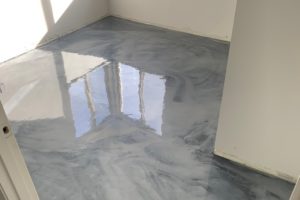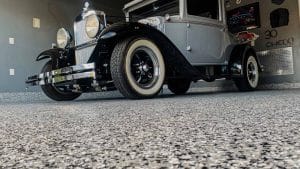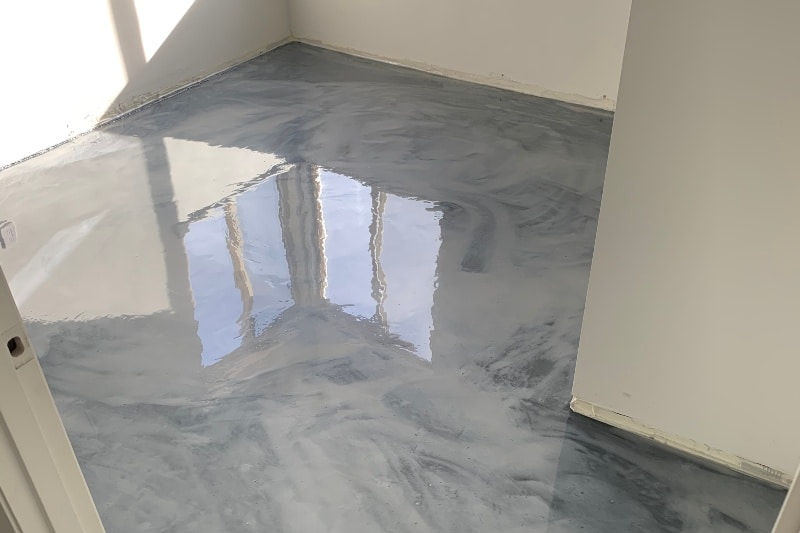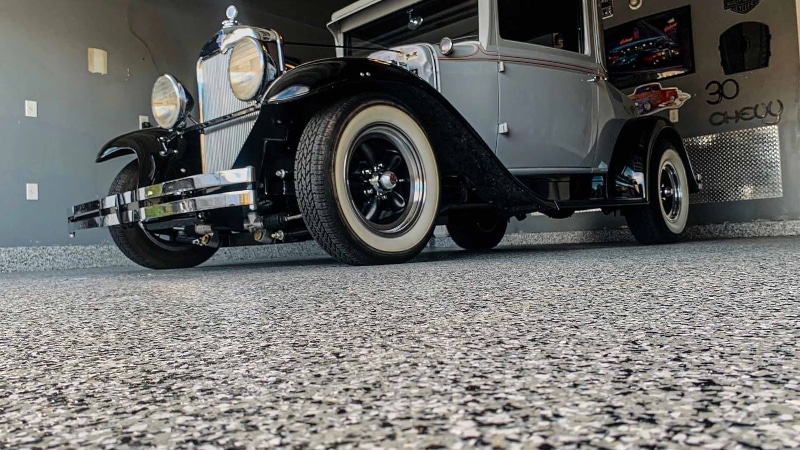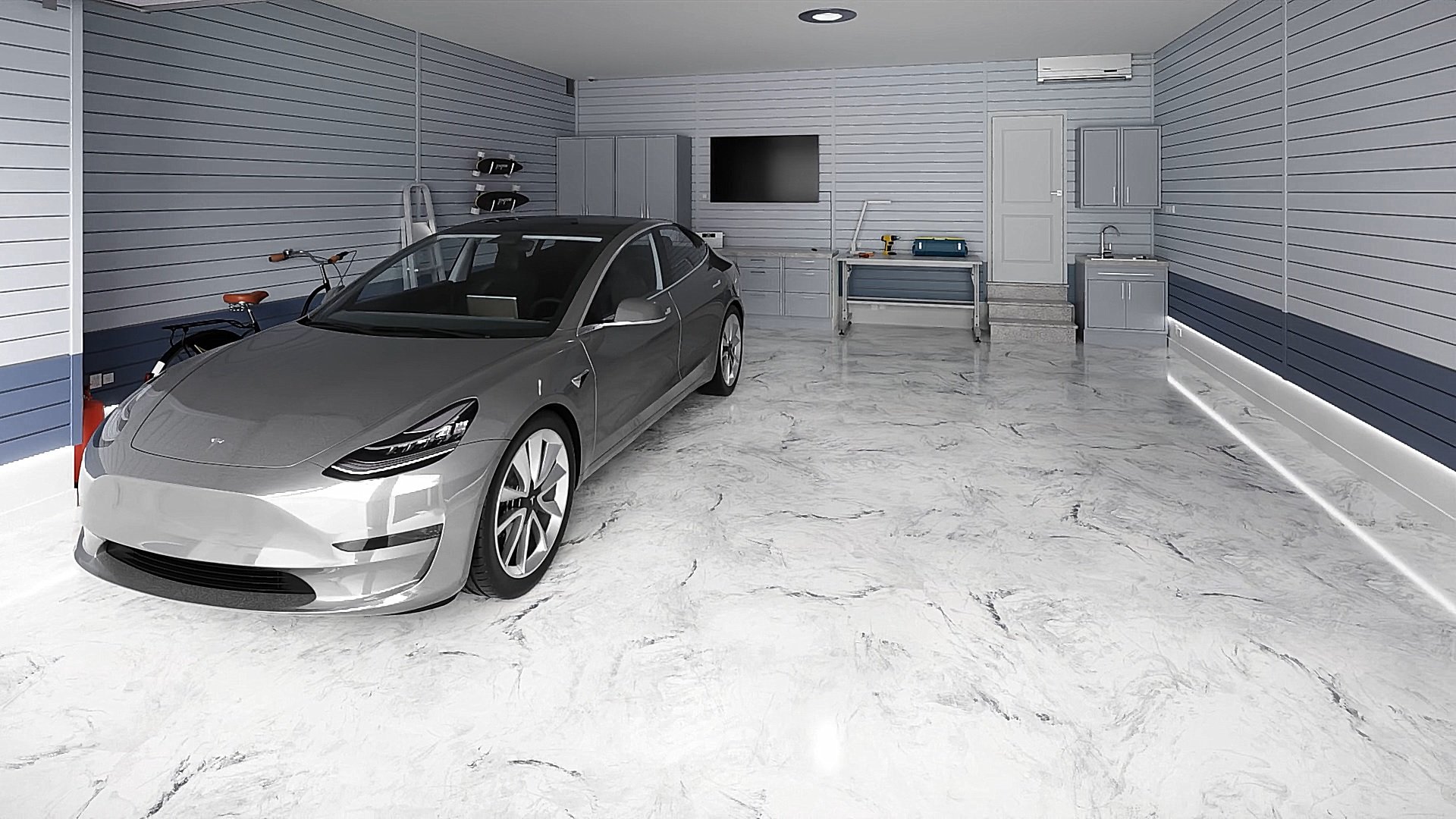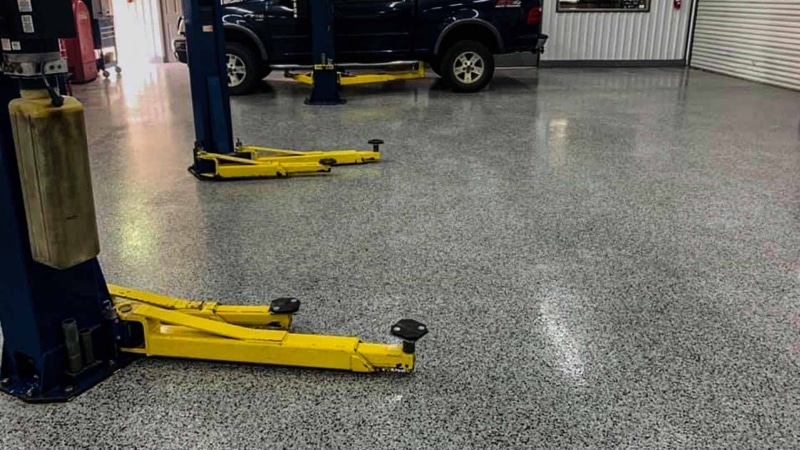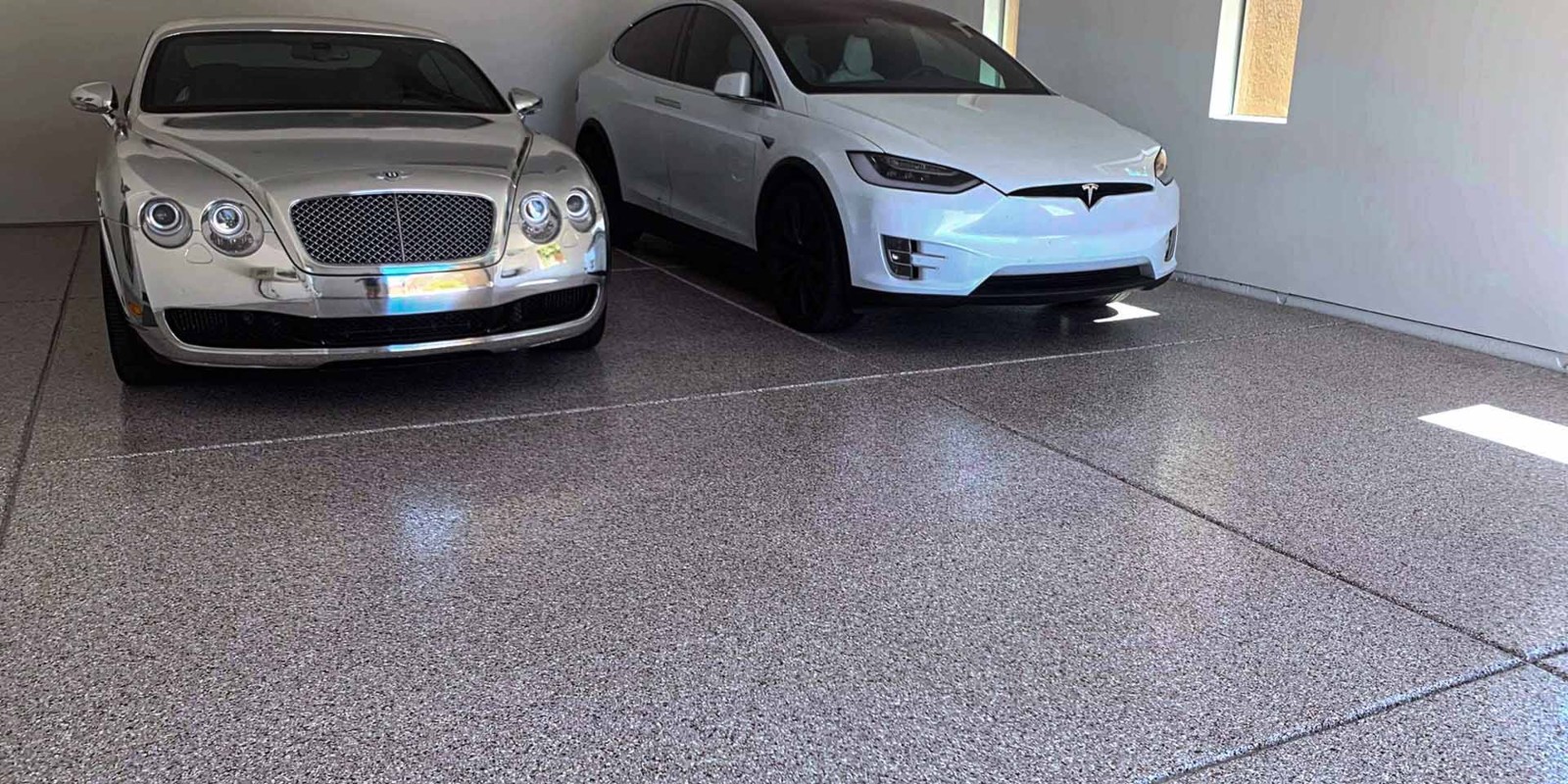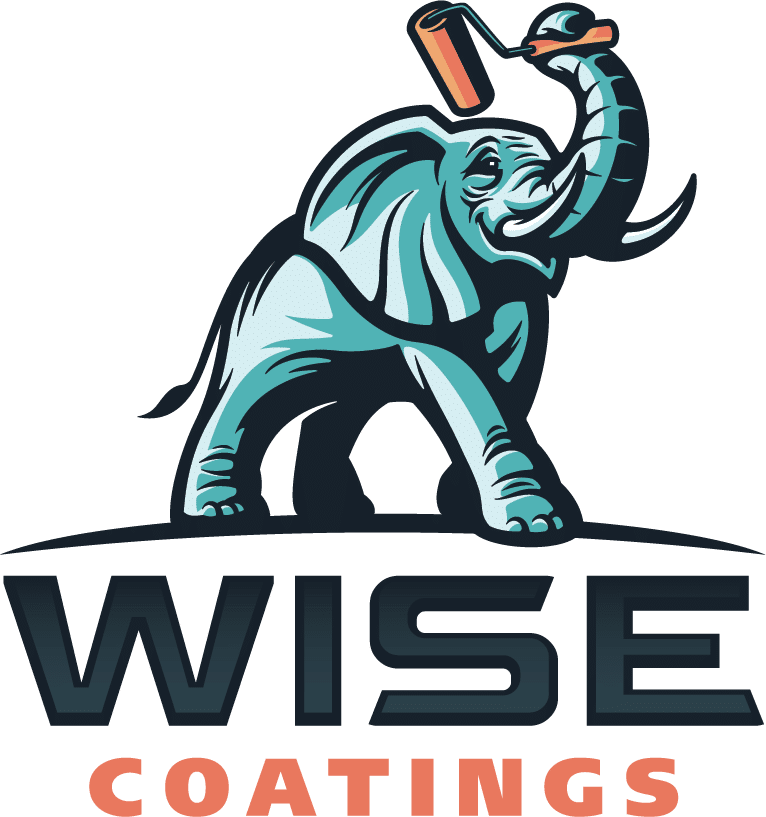How Much Does Epoxy Flooring Cost
Epoxy flooring can be an attractive and durable addition to any home or business, but it also carries a hefty price tag. Knowing what goes into the cost of epoxy flooring is critical if you want to make smart decisions in terms of installation and maintenance. In this post, we’ll dive deep into the true cost of epoxy flooring, so you can walk away with all the information you need to create your budget. How much does epoxy flooring cost? We even break down prices by DIY options versus professional installations – no doubt something every shopper will appreciate! Let’s start understanding how much new epoxy floors could set you back!
Overview of Epoxy Flooring – Benefits and Costs
Epoxy flooring offers several benefits that justify its cost. Notably, its durability and resistance to wear and tear make it an ideal choice for high-traffic areas. It’s also resistant to most forms of damage, including chemicals, stains, and moisture, making it a practical solution for both residential and commercial settings. Aesthetically, epoxy flooring is versatile, available in an array of colors and designs to complement any interior style.
In terms of cost, it’s important to note that epoxy flooring is a long-term investment. The upfront costs can range from $3 to $12 per square foot, depending on factors such as the complexity of the design, the size of the area, and whether you opt for professional installation or a DIY approach. However, considering its longevity and minimal maintenance requirements, the overall cost of ownership is relatively low compared to other flooring options. Remember, a proper installation is key to ensuring the longevity of your epoxy floor, so it may be worth considering a professional if you’re new to the process.
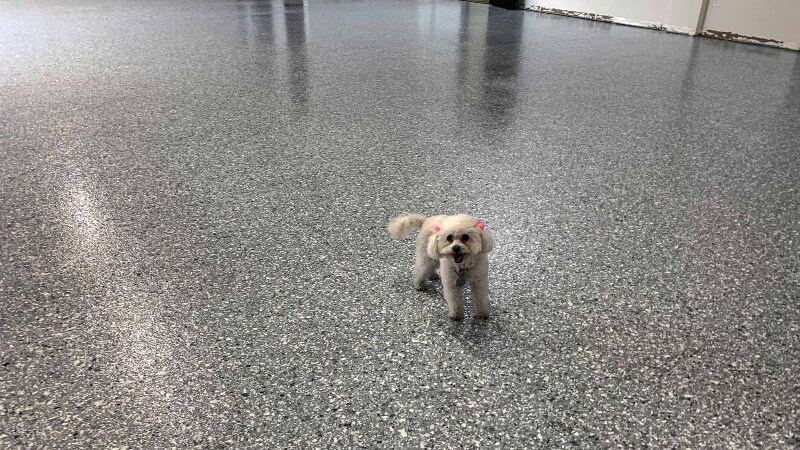
Understanding the Different Types of Epoxy Flooring
When it comes to epoxy flooring, there are several types to choose from, each with its unique characteristics and costs.
- Self-Leveling Epoxy Floors are perfect for old, cracked, or damaged floors, allowing you to create a seamless and level texture. This type is widely used in commercial warehouse floors, industrial, and residential venues for its durability and aesthetic qualities.
- Quartz-Filled Epoxy Floors are a blend of high-performance epoxy polymer resin and stained quartz grains. Known for their decorative capacity, they are slip-resistant and easy to clean, making them ideal for locations like restrooms and cafeterias.
- Epoxy Flake Floors contain colored flake materials that are inserted in the epoxy to create a vibrant, multi-hued look. The flakes also provide a slightly rough surface, resulting in a slip-resistant floor suitable for commercial, industrial, and residential purposes.
- Epoxy Mortar Floors are the toughest epoxy floors available. Made with 100% solid epoxies and graded or quartz sand, they are ideal for heavy industrial environments.
Understanding these types will help you decide which one best fits your needs and budget. Remember, investing in the right type of epoxy flooring will maximize its benefits and longevity.
DIY vs Professional Installation – How Much Will Each Cost You
When it comes to installing epoxy flooring service, you have two primary options: Do-It-Yourself (DIY) or professional installation. Each option comes with its own set of costs and benefits.
Opting for a DIY installation can be a cost-effective choice, with kits available on the market that range from $50 to $600, depending on the quality and the size of the floor area you intend to cover. However, the DIY approach requires a certain level of skill and time commitment. Also, any mistakes made during the installation can lead to flaws that shorten the lifespan of the floor and necessitate costly repairs down the line.
On the other hand, professional installation provides a high-quality, seamless finish and takes the burden of installation off your shoulders. The cost of professional installation typically ranges from $3 to $12 per square foot, contingent upon the complexity of the job, the type of epoxy used, and the condition of your existing floors. While it’s a substantial investment upfront, a professional installation can save you money in the long run by ensuring the floor is correctly installed and will last for years to come.
Overall, the decision between DIY and professional installation should be based on your budget, skills, time availability, and the importance of getting a flawless, durable result.
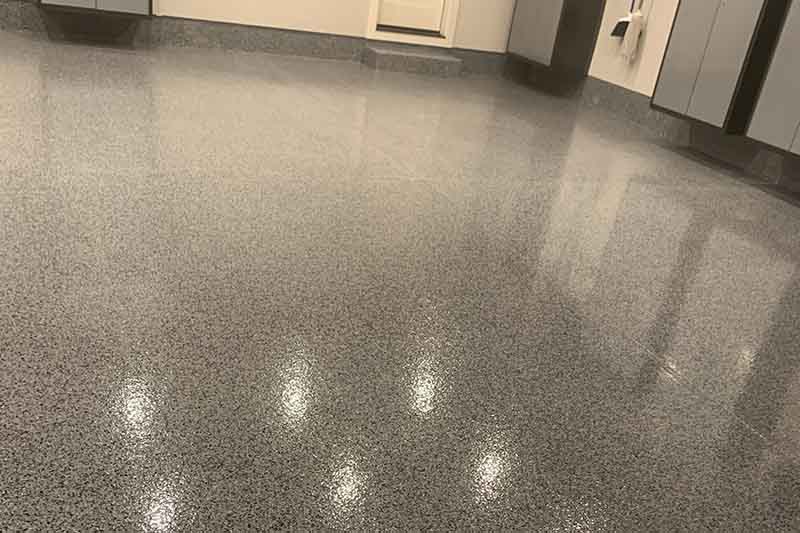
Price Breakdown for Prep Work and Materials
Before the epoxy flooring installation can begin, proper preparation of the existing floor is necessary to ensure a successful application. This preparation can include cleaning, repairing cracks, and removing any existing flooring or coating. The cost of this prep work can vary significantly, depending on the current condition of the floor and the size of the area to be covered, ranging from $1 to $5 per square foot.
As for the epoxy materials, the overall cost will be determined by the type of epoxy selected, as mentioned above. To give you an idea:
- A basic Epoxy Kit for DIY, sufficient for a one-car garage (about 250 square feet), could cost from $50 to $600.
- Self-Leveling Epoxy starts at around $45 per gallon, which should cover 200 square feet.
- Quartz Epoxy can range from $125 to $275 per gallon, covering approximately 50 square feet.
- Epoxy Flake ranges between $140 and $200 for enough flakes to cover a typical two-car garage (about 500 square feet).
- Epoxy Mortar is the most costly, with prices starting at $250 per three-gallon kit, sufficient for about 50 square feet.
These prices are estimates and can vary based on quality, brand, and location. Remember that other materials, such as primer, might also be required, adding to the total cost.
It’s essential to factor in these costs when planning your epoxy flooring installation to ensure you remain within budget while achieving the desired result.
Factors That Can Impact the Cost of an Epoxy Flooring Project
Several factors can significantly influence the cost of an epoxy flooring project:
- Floor Condition: The condition of your existing floor will play a significant role in the cost. If the floor needs extensive repairs or cleaning before the epoxy can be applied, this will increase the project’s cost.
- Size of the Area: The larger the area, the more the materials and labor will cost. However, in some cases, a larger area can mean a lower cost per square foot.
- Type of Epoxy: As mentioned earlier, there are different types of epoxy, each with its own cost. High-grade epoxies will cost more but often offer better results.
- Complexity of the Job: If the application process is complicated, such as adding decorative details or working around obstacles, this will increase the cost.
- Geographic Location: Depending on where you live, the cost of materials and labor can vary.
- DIY vs. Professional Installation: While doing it yourself can save money upfront, any mistakes could lead to costly repairs down the line. Professional installation will cost more but guarantees a high-quality result.
Careful consideration of these factors will help ensure that you stay within your budget while achieving the desired results for your epoxy flooring project.
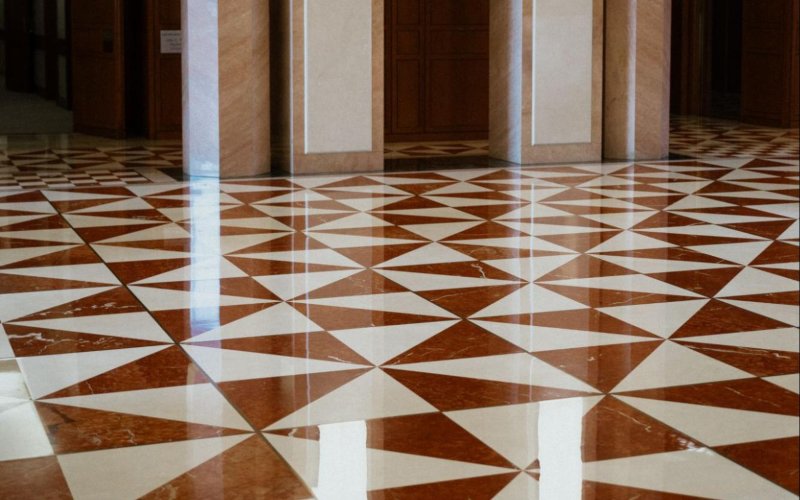
Tips for Saving Money on Your Epoxy Flooring Installation
While epoxy flooring installation can be a significant investment, there are several strategies you can employ to keep your costs to a minimum:
- Do Your Research: Before starting, familiarize yourself with the different types of epoxy flooring available and their costs. This will help you make an informed decision about what fits your needs and budget.
- Get Multiple Quotes: If you’re opting for professional installation, request quotes from several contractors. This will not only give you a sense of the average cost but also allow you to find the best deal.
- Prepare Your Floor: Depending on the condition of your floor, prepping it for epoxy installation can be costly. Doing some of the prep work yourself, like cleaning and removing old coatings, can save you money.
- Purchase Materials Wisely: If you’re going the DIY route, consider buying your materials in bulk to save money. Also, lookout for sales or discounts at your local home improvement stores.
- Avoid Unnecessary Extras: While decorative elements like flakes and quartz can elevate the look of your floor, they also add to the cost. If you’re on a tight budget, consider sticking to a basic epoxy floor.
Remember, the goal isn’t just to cut costs but to make smart choices that will give you a durable, high-quality floor that you’ll be happy with for years to come.
Wise Coatings of Austin
https://goo.gl/maps/uisYsX9zx3Z6AWL29
+1 512 599 9473
https://wisecoatings.com/austin


